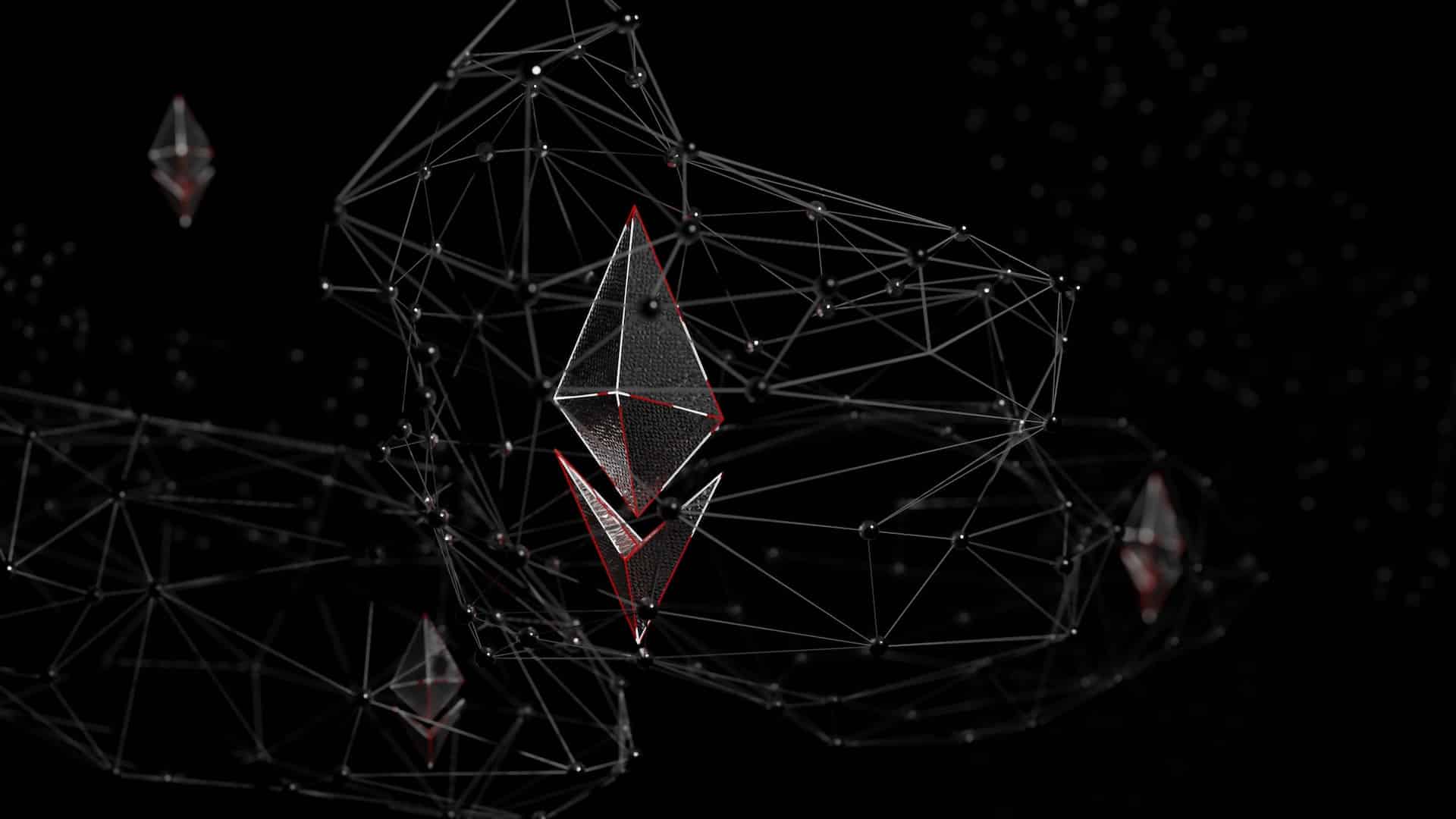EIP-7702, which is meant to enable externally owned accounts to temporarily become smart contract accounts, was largely the result of intense discussions among Ethereum builders over previous improvement proposals.

EIP-7702 is the latest proposal about account abstraction on Ethereum.
(Unsplash)
Posted May 8, 2024 at 6:23 pm EST.
Ethereum Improvement Proposal (EIP)-7702 has seen increasing support among developers, builders, and researchers less than a day after Ethereum co-founder Vitalik Buterin and three additional authors proposed it, a potential sign the EIP will be included in the next hard fork upgrade.
EIP-7702 enables “flash smart wallet accounts,” which are externally owned accounts (EOAs) that become smart wallets, temporarily for one transaction. EIP-7702, wrote Jarrod Watts, developer relations engineer at Polygon, on X is “one of the most impactful changes Ethereum is going to have… EVER.”
EOAs are controlled by their corresponding private key held by people, while smart contract accounts are governed by coding logic.
The introduction of EIP-7702 comes as the Ethereum community has had ongoing conversations about the most optimal path to what’s called “account abstraction,” in which all externally owned accounts become smart account wallets.
EIP-3074 and EIP-4337
Specifically, the Ethereum community has been going back and forth about EIP-3074 and EIP-4337, both of which are intended to improve Ethereum’s security and user experience.
EIP-4337, which was deployed on mainnet Ethereum in March 2023, aims to achieve account abstraction “without changes to the consensus layer protocol of Ethereum,” by enabling smart contracts to act as accounts, according to EIP-4337’s GitHub page.
While deployed on mainnet for over a year, the problem with EIP-4337 is that “EOAs are still the most used type of account by far,” Watts wrote on X.
The lack of migration among current users from EOAs to smart contract accounts is occurring for two reasons, according to Watts: people don’t have a way to convert their EOA to a smart contract account, and they also suffer from “a lack of native support by Web3 apps to connect smart contract accounts.”
As a result, Ethereum developers looked to EIP-3074 to solve these problems. According to its GitHub page, EIP-3074 allows “externally owned accounts to delegate control to a contract.” It’s meant to provide short-term functionality improvements to EOAs and act “as a stepping stone toward full [account abstraction],” said Lukas Schor, co-founder of wallet infrastructure maker Safe, in a conversation with Unchained.
Read More: EIP-3074 vs EIP-4337: Ethereum Developers Disagree on Endgame for Account Abstraction
While some were ecstatic about EIP-3074’s planned inclusion in the next Ethereum hard fork upgrade, others were not. According to the authors of EIP-7702, EIP-3074 not only introduces new opcodes that would have no use in a world where all users are eventually using smart contract wallets, but also leads to fragmentation.
EIP-7702, which according to Schor does what EIP-3074 is attempting to do, but better— namely, improving the current user experience for those transacting onchain, as well as being a step in the right direction towards account abstraction including converting all existing Ethereum users’ accounts into smart accounts.
EIP-7702 “modifies EIP-3074 to make it leaner and more compatible with ERC-4337…so that we don’t end up with two separate [account abstraction] ecosystems,” Watts wrote on X. Per its GitHub page, EIP-7702 has forward compatibility with future account abstraction, because “the contract code that users would need to sign could literally be existing ERC-4337 wallet code.”
As such, Schor thinks EIP-7702, despite its nascent status, will be included in Ethereum’s next hard fork upgrade, dubbed “Petra.” He indicated that EIP-7702 is not only favored by EIP-3074 proponents because it solves the same issues they want such as a better user experience for existing users, but is also “quite liked” by EIP 4337 proponents because of its compatibility.
EIP 7702 feels like an approach to improving EOAs that is more aligned with smart accounts and generally more future proof: https://t.co/Dmx47ZTaYU
I think it would probably make more sense to include in Pectra than 3074
— konradkopp.eth (@abstractooor) May 7, 2024
Quantum Resistance
EIP-7702 also seeks to address the potential problem stemming from the advancement of quantum computing, superpowered computers that rely on quantum mechanics.
Some Ethereum developers have become concerned about the possibility that in 5 to 10 years, quantum computing will progress to the point where it can break the cryptographic algorithms called ECDSA used to generate private keys, compromising the security of a blockchain network. ECDSA, an acronym for “elliptic curve digital signature algorithm,” is widely used in many Ethereum-based crypto protocols to verify digital signatures for transactions.
“The only way to move away from that is to not have ECDSA based private keys controlling user wallets, and that is solved by moving users to smart accounts [through EIP-7702], because then you can use different cryptographic curves [and] different signing schemes that are much stronger cryptographically and are quantum resistant,” said Schor.
- SEO Powered Content & PR Distribution. Get Amplified Today.
- PlatoData.Network Vertical Generative Ai. Empower Yourself. Access Here.
- PlatoAiStream. Web3 Intelligence. Knowledge Amplified. Access Here.
- PlatoESG. Carbon, CleanTech, Energy, Environment, Solar, Waste Management. Access Here.
- PlatoHealth. Biotech and Clinical Trials Intelligence. Access Here.
- Source: https://unchainedcrypto.com/vitaliks-new-eip-7702-draws-early-support-could-be-included-in-ethereums-next-hard-fork-upgrade/



